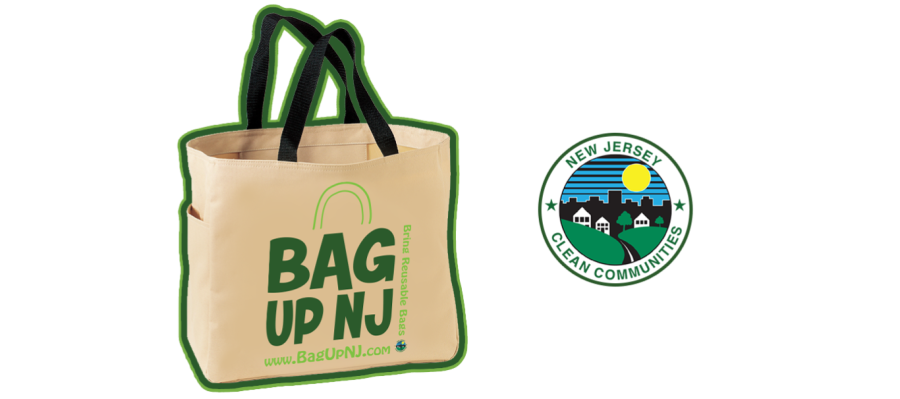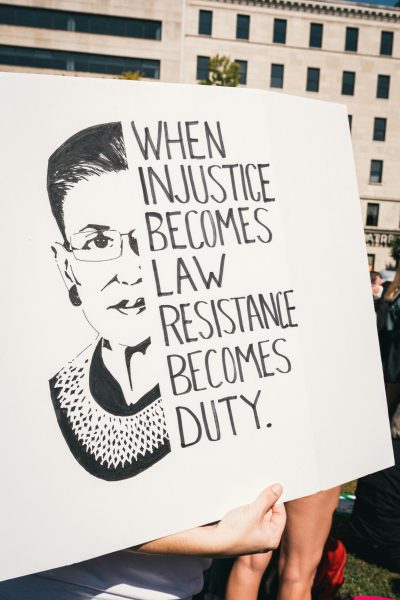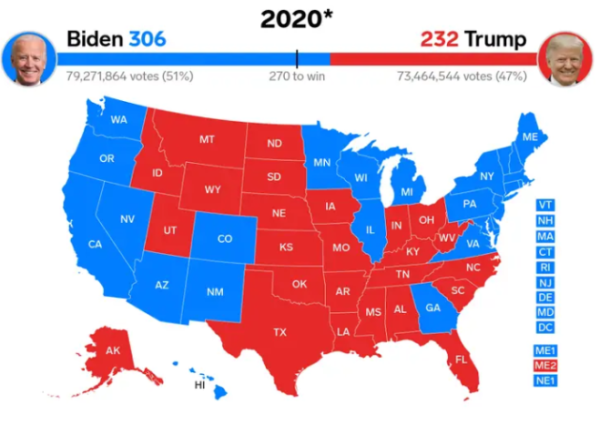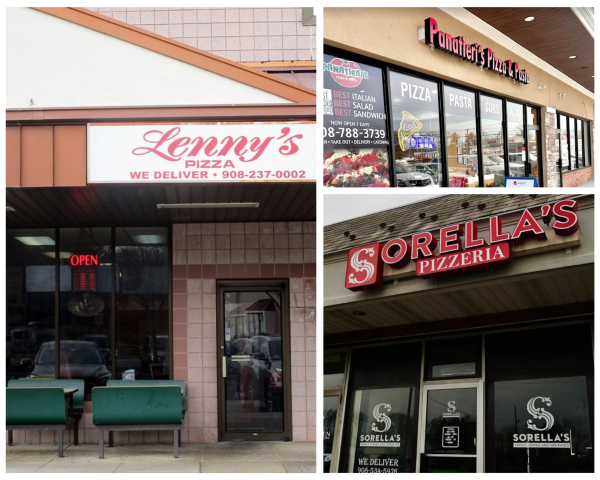NJ’s Bag Ban: What You Should Know
Beginning on May 4, 2022, New Jersey will put into effect a ban on single-use plastic and paper bags in retail and grocery stores. Though the bill was originally signed into law in November of 2020, it left an 18 month preparation period for consumers and stores. The law is being regarded as the nation’s most ambitious attempt at reducing waste from single use carryout items to date, and the state is tentatively awaiting its implementation.
There are, however, some exceptions to the rule. For example, non-grocery and retail stores are still permitted to distribute single-use paper bags, but any store over 2,500 square feet is not. Most grocery stores vastly exceed this limit, meaning you won’t be seeing any more paper bags at Trader Joe’s or Walmart. Similarly, certain instances still warrant the use of plastic bags by retailers, such as bags containing unwrapped meat or poultry, live animals at pet stores, or prescription drugs at pharmacies. The ban also does not cover single-use plastic bags available for purchase, such as garbage or Ziploc bags.
The inclusion of paper bags in the law is quite unique, and is leaving many perplexed. Paper bags are commonly regarded as being better for the environment than their plastic counterparts. Though this is true in terms of the way they decompose, critics claim that the production of paper bags is more harmful than people realize. The “Bag Up NJ” outreach campaign, who were strong advocates for the ban, claim that copious amounts of water, energy, chemicals, and wood are used to make paper bags, which creates various wastes and emissions that must be controlled or treated. Further, the transportation of paper bags takes ten times the amount of trucks to deliver the same quantity as plastic bags, leading to increased emissions.
In addition to bags, containers made from a plastic called polystyrene are restricted by the law. The compound is used to make two different types of packaging: hard plastic and foam. While the hard plastic version is not included in the ban, the foam version is. There are certain polystyrene products that will only be exempt from the law until May 4, 2024.
And so the question remains: how are consumers and stores alike preparing for this drastic change? Some grocery stores have already announced their plans moving forward with the ban. Many have been selling reusable bags for decades, so it is likely that many will be selling them in higher quantities in light of the new legislation. According to Stop & Shop spokeswoman Stefanie Shuman, “We are working on plans to offer free reusable bags on select days in our stores that coincide with the NJEDA Board’s approved NJ Food Desert Communities. Given the breadth of the state’s Bag Up NJ campaign, and overall focus on sustainability, we believe customers will be well-prepared for the transition.” Other stores, such as ShopRite, have also voiced their approval.
Many stores are planning on providing signage and messages over the intercom to shoppers, reminding them that they must bring their own or buy reusable bags to carry their groceries out of the store. The law defines a reusable bag as a bag that has handles, is made of washable fabric, and can withstand at least 125 uses and multiple washes. Regardless of its thickness, anything made of plastic is not regarded as being reusable.
Some concerns have arisen among consumers about shop-from-home grocery ordering, which the law also applies to. Though ShopRite and Walmart have not released official statements about their plans to overcome this issue, Stop & Shop and Whole Foods have announced that they will be pivoting to reusable bags in compliance with the law. Whole Foods is planning on adding the cost to its existing service fee, whereas Stop & Shop is adding a $2 bag charge to their orders.
This solution, however, gives rise to another problem–what are people going to do with all their excess reusable bags? Stop & Shop is planning on setting up a reusable bag drop-off in which they will donate clean bags to local food banks. Whole Foods has not indicated that they have similar plans.
NJ’s ban on bags is being seen as a step in the right direction in terms of reducing waste caused by single-use plastic and paper products, and is expected to encourage other states to join in if it is successful. Moving forward, it will be up to consumers and retailers alike to uphold the sentiment behind the law by continuing to reduce the use of single-use packaging and products.










